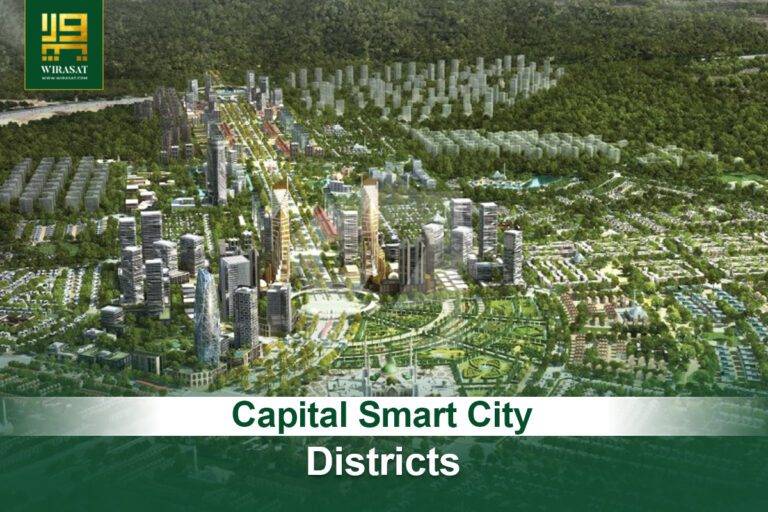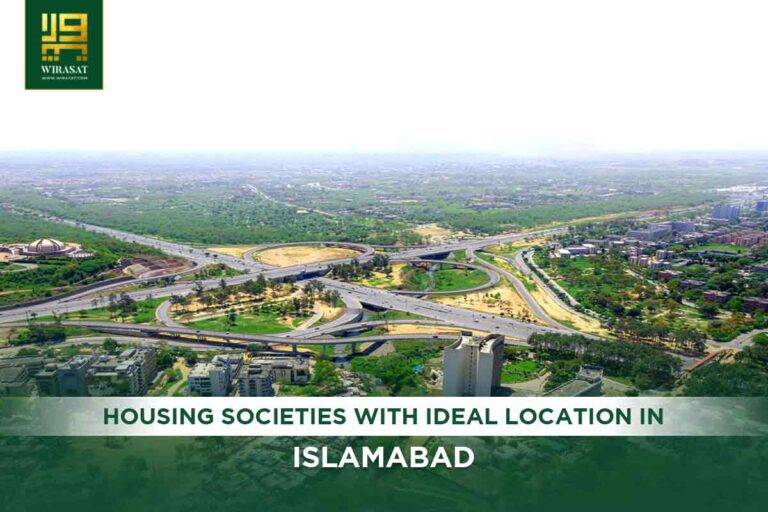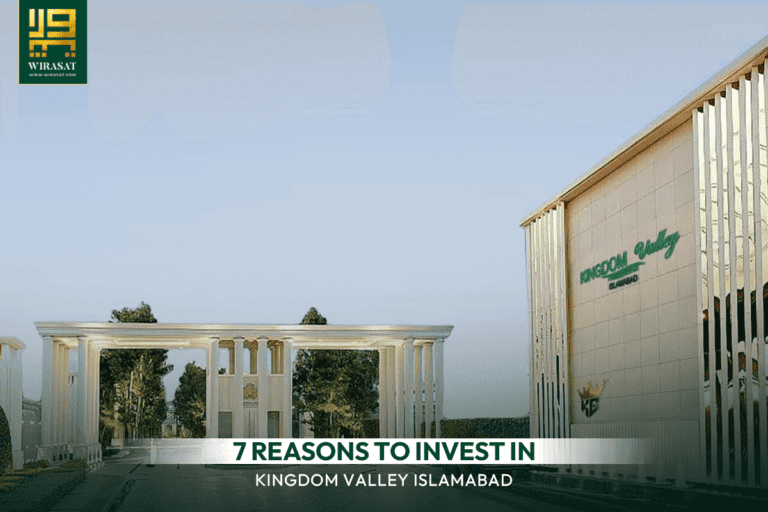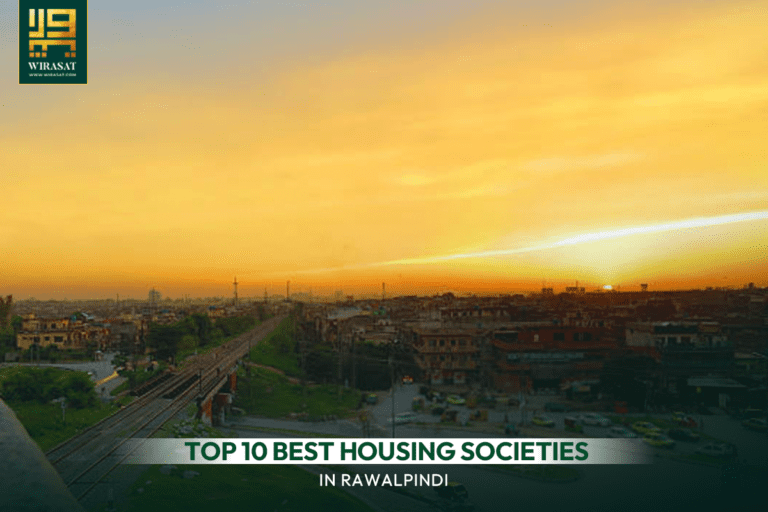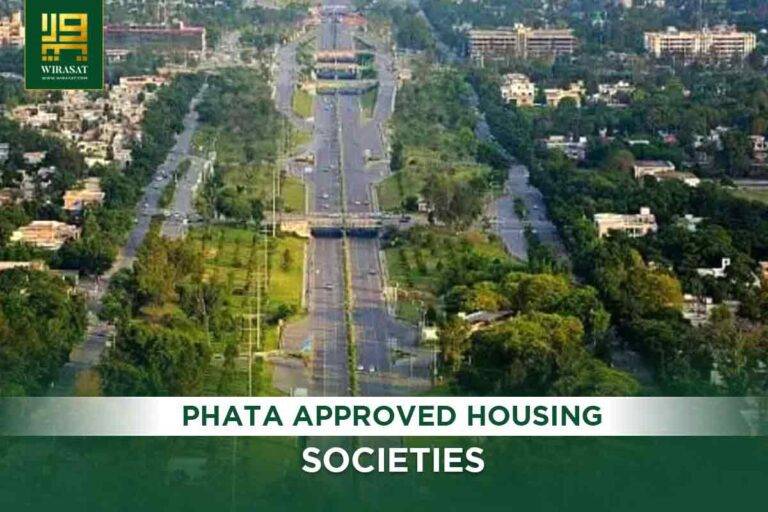A World Bank statement revealed that 60 to 70% of a country’s wealth is accumulated in real estate. Pakistan’s real estate is worth 300 to 400 billion USD. In the past couple of years, Pakistan’s political and economic situation has created chaos and confusion in this industry. The COVID-19 pandemic has already devastated the world’s socio-economic conditions. After lockdowns, political turmoil in Pakistan is adding insult to injury. Confused investors, changing regulations and taxes, high demand and low supply, and inflation have changed the country’s real estate scenario.
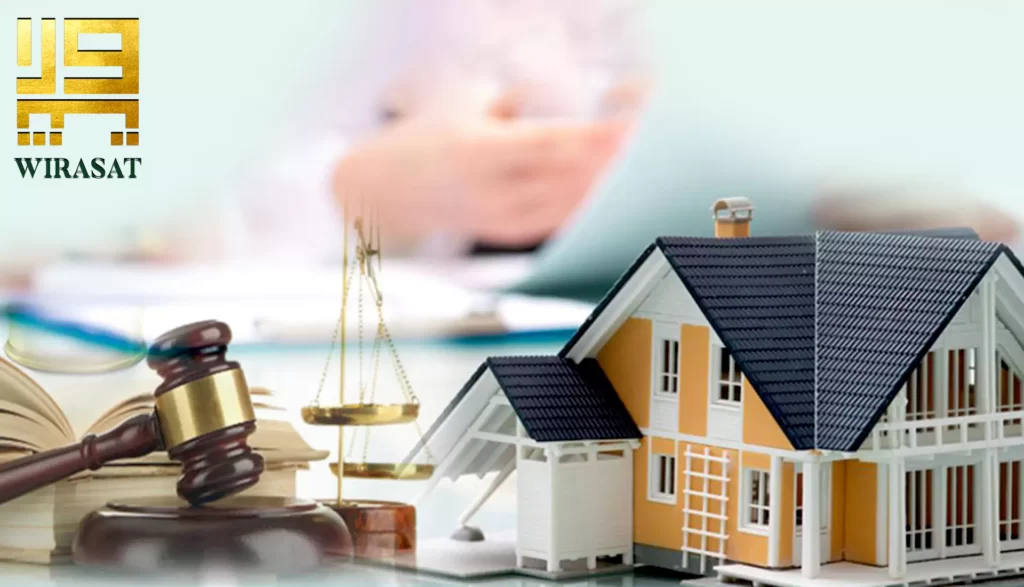
Real estate and political turmoil
The political situation in Pakistan is changing with every passing day. The new government has its own policies. The inflation rate was 16.8% in the former government of Imran Khan. After The confidence motion and government change, Pakistan’s current inflation rate is 20.3%. Resultantly, material rates are increasing, and purchasing power is low, negatively impacting the country’s real estate sector.
Investors discomfort
Investors are unwilling to invest in the country’s real estate sector due to fear of financial risks. Major developers still need to start new schemes. Besides this, the community is also changing its mind about investing in other sectors rather than real estate.
Changing Regulations And Taxes
FBR’s strict regulations on real estate are challenging for investors. Ban on non-filers, compulsory registrations when buying property worth more than PKR 5 million, and also levying high taxes on property transfers. All these regulations are time-consuming and costly. Due to these regulations, developers and investors are sometimes at loggerheads with each other, making this sector risky and problem-oriented.
Introduction Of New Policies
Every new government introduces new real estate policies, making this sector more complicated. Regulations for acquiring NOC’s prolonged court proceedings and cases against developers are hindrances to the progress of this sector.
Demand and supply issue
The population is expanding with every passing year. Demand for new and safe housing is increasing. But in Pakistan, the supply of construction materials could be higher due to power outages and low production. This supply and demand issue creates a vacuum in the real estate sector.
Prices And New Opportunities
Currently, Inflation in Pakistan is 20.3%. The prices of construction materials have doubled in the past few years. Purchasing power of society has decreased. Developers need to be able to initiate new opportunities for investors. Thus, this sector is making losses. In a nutshell, the real estate sector in Pakistan is at the doldrums due to political instability. Pakistan is currently ranked 120th out of 129 (scoring just 3.9/10%) in investment. After the agriculture sector, real estate has created employment opportunities in Pakistan. Pakistan’s economic survey report shows an increase from past years. In 2019, its ratio was 8.0%, while in 2022, it was 9.5%. Government must realize the importance and competence of this sector. This sector can easily change the economic condition of Pakistan by bringing investment from overseas customers. Pakistan’s political institutions must think about political stability for a bright and progressive future.

